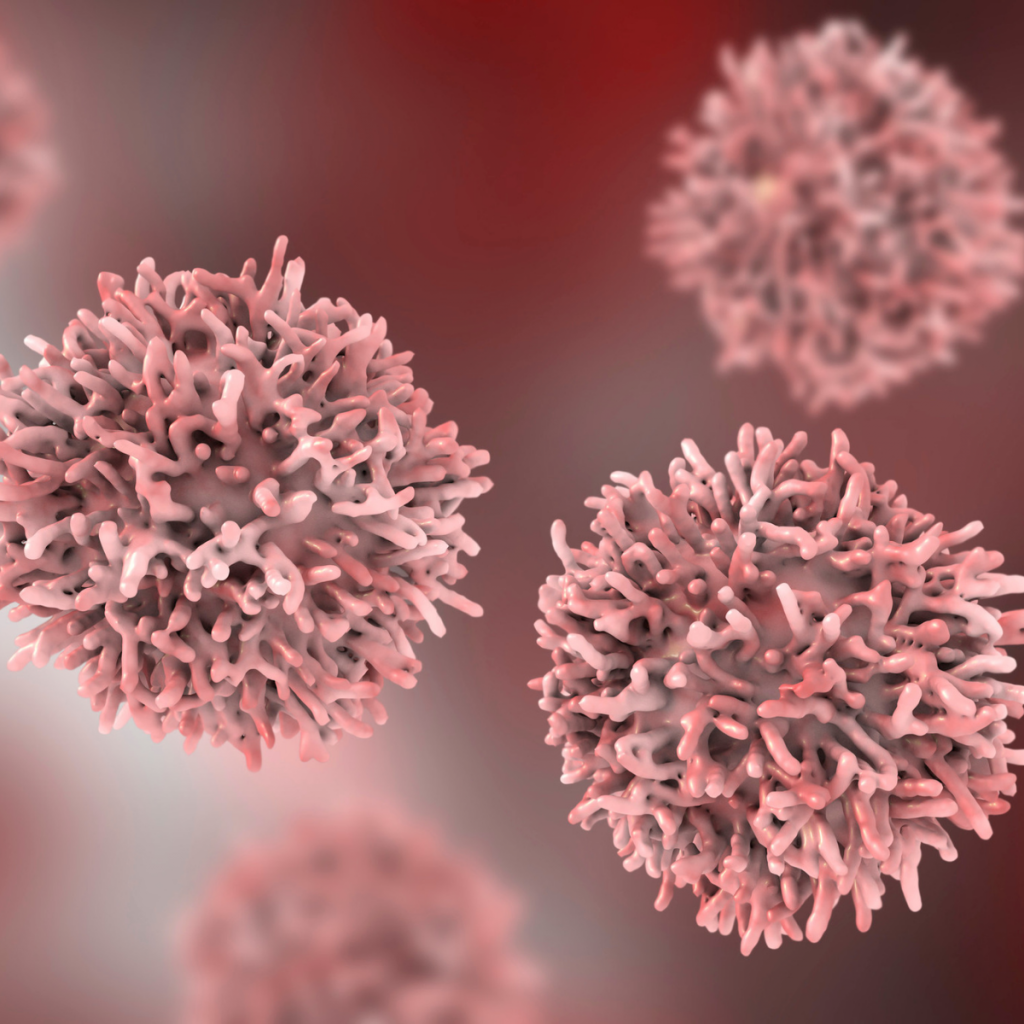Cancer is a devastating diagnosis that affects millions of people worldwide. Early detection is key to improving treatment outcomes and survival rates, which is why it’s crucial to recognize the early signs of cancer. Many people often overlook symptoms thinking they’re just temporary discomforts, but these signs can be the body’s way of signaling a more serious condition. Being aware of these warning signs can potentially save your life.
In this article, we will discuss the common early signs of cancer that shouldn’t be ignored, highlighting the importance of early diagnosis and when to seek medical advice. While these signs may not always indicate cancer, they should prompt you to consult a healthcare provider for further investigation.
Unexplained Weight Loss
Unexplained weight loss is one of the most common early signs of cancer. If you suddenly lose 10 pounds or more without trying, it can be an indication of various cancers such as pancreatic, stomach, esophageal, or lung cancer. Weight loss can occur because cancer cells consume energy, leading to a decrease in body fat and muscle mass. Even if you’re eating normally, this unexplained weight loss can be a serious concern and should be checked by a doctor.

Persistent Fatigue
Fatigue that doesn’t improve with rest is another potential sign of cancer. While feeling tired after a long day is normal, extreme fatigue that lasts for weeks or months could be a sign that something is wrong. Many cancers, including leukemia and colon cancer, can cause persistent tiredness as a result of anemia, nutrient deficiencies, or the body fighting off disease. If you feel unusually tired or weak, it’s important to discuss these symptoms with your healthcare provider.
Changes in Skin Appearance
Changes in your skin, such as new moles, skin discoloration, or sores that don’t heal, should never be ignored. Skin cancer is one of the most common forms of cancer, and catching it early can drastically improve treatment outcomes. Be on the lookout for changes in existing moles or new growths that are asymmetrical, have irregular borders, or are uneven in color. Additionally, any sores that don’t heal after a few weeks may indicate a problem. If you notice any unusual changes, see a dermatologist immediately.
Pain That Doesn’t Go Away
Pain that doesn’t seem to improve, particularly if it’s localized and persistent, could be an early sign of cancer. Cancer often causes pain when it spreads or presses against nerves, bones, or other organs. For example, bone cancer can cause severe pain that worsens over time, while headaches that don’t respond to treatment may signal brain cancer. Any persistent pain, especially if it interferes with your daily life, should prompt a medical evaluation.
Persistent Cough or Hoarseness
A cough that lasts for weeks or becomes chronic can be a sign of several types of cancer, including lung cancer. If you’re also experiencing chest pain, coughing up blood, or hoarseness that doesn’t improve, these could be red flags. A persistent cough is often associated with respiratory infections, but when it doesn’t go away and is accompanied by other symptoms, it’s essential to see a doctor. Lung cancer is one of the leading causes of cancer death, and early detection is critical.
Difficulty Swallowing
If you find it increasingly difficult to swallow food, liquids, or pills, it could be a sign of cancer in the esophagus, throat, or stomach. This condition, known as dysphagia, can occur when a tumor obstructs the throat or esophagus, making it hard to swallow. If you experience pain or discomfort while swallowing or feel like food is getting stuck, seek medical advice as soon as possible.
Unexplained Bleeding or Discharge
Bleeding that occurs outside of your normal menstrual cycle or unexplained vaginal bleeding, particularly after menopause, should always be checked by a doctor. It could be a sign of uterine, cervical, or ovarian cancer. Additionally, abnormal discharge from the nipple can indicate breast cancer. Blood in your stool, urine, or coughing up blood are other serious symptoms that need immediate medical attention. Even if you don’t think it’s cancer, unexplained bleeding is always a cause for concern.

Changes in Bowel or Bladder Habits
Changes in your bowel or bladder habits, such as persistent diarrhea, constipation, or a feeling that your bladder is not fully empty after urination, can be signs of various cancers. Colorectal cancer often presents with changes in bowel habits, while bladder cancer can cause frequent urination or blood in the urine. These changes, when they occur without any other obvious cause, should be discussed with a healthcare provider.
Swelling or Lumps
Finding a lump or swelling, especially in the breast, testicle, or lymph nodes, should not be ignored. Many lumps are non-cancerous, but they can also be early indicators of cancer. Breast cancer, for instance, often starts with a small, hard lump that may or may not be painful. Lumps in other areas of the body, such as the neck or armpits, can also signal lymphoma or other cancers. If you detect any unexplained lumps or swelling, see a doctor to get a proper evaluation.
Changes in Appetite
Loss of appetite or feeling full after eating only small amounts can be an early warning sign of cancer. For example, cancers of the stomach, pancreas, or liver can cause a sudden loss of appetite. This symptom often comes with nausea and weight loss. If your appetite significantly decreases without any clear reason, it’s important to consult a doctor to rule out serious conditions.
Difficulty Breathing or Shortness of Breath
Shortness of breath or difficulty breathing, especially if it occurs suddenly or is accompanied by chest pain, may indicate lung cancer or other respiratory issues. This symptom should be taken seriously, particularly if it becomes progressively worse or is coupled with coughing up blood. Lung cancer can develop without symptoms in the early stages, so any breathing difficulties should not be ignored.
Nausea and Vomiting
Persistent nausea and vomiting, especially when there is no other underlying cause, can be indicative of several types of cancer, including brain, stomach, and liver cancer. When nausea is coupled with unexplained weight loss, pain, or other symptoms, it may be a red flag. Although nausea and vomiting can be caused by other conditions like infections or medications, when they are severe or ongoing, it’s time to seek professional medical help.
Changes in Oral Health
Sores in the mouth that don’t heal or persistent pain in the mouth or tongue could be early signs of oral cancer. Additionally, difficulty chewing or swallowing, bleeding from the gums, or a noticeable lump in the mouth should prompt a visit to a healthcare professional. Oral cancers can develop on the lips, tongue, gums, and inside the mouth. Regular dental check-ups can help identify these signs early on.
Conclusion
It’s essential to listen to your body and recognize when something isn’t quite right. While these symptoms can be linked to other health conditions, they shouldn’t be ignored, especially when they persist or worsen. Early detection of cancer can significantly improve the chances of successful treatment and survival, so always consult a healthcare provider if you experience any of these warning signs. Don’t wait for symptoms to become unbearable—get checked early, and take control of your health.
Remember, knowing the early signs of cancer is a crucial step toward proactive health management. The earlier you catch potential issues, the sooner you can get the treatment you need. Prioritize your health by being aware of these warning signs and seeking medical attention when necessary.

Leave a Reply